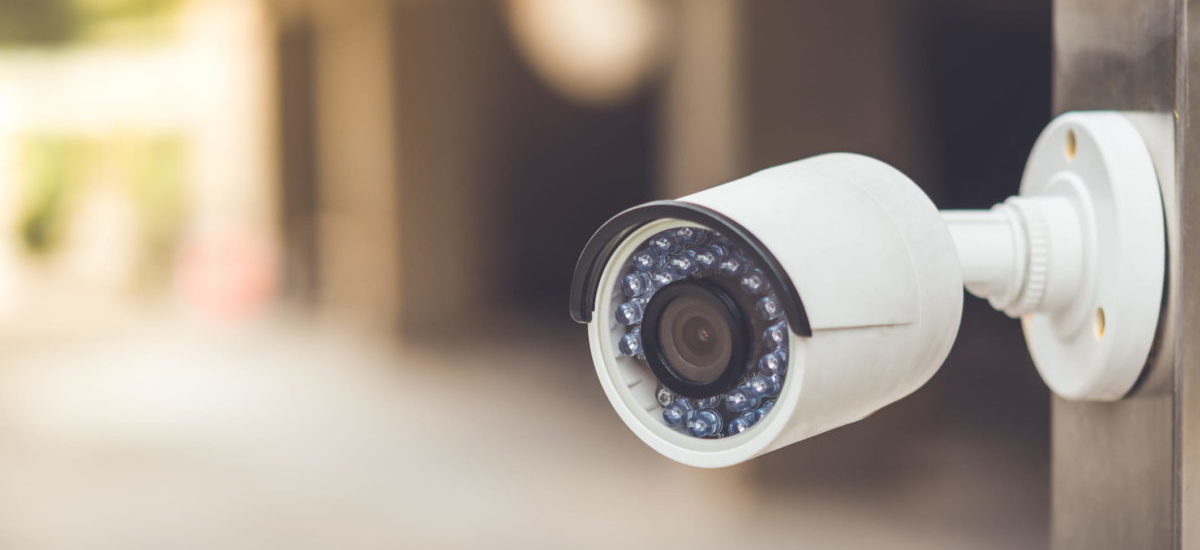For my Project 2, I researched security cameras and their impacts on communities and their ecological footprints. In Journal 7, I wrote about how we should keep security cameras on the University of Maine campus because they are a positive digital technology. Security cameras are very necessary for any public areas, but they are especially needed on college campuses. They make people feel safe, monitor the area for anything bad going on, and make it easier for authorities to keep control and track of everything going on.
There’s not much online detailing the footprint of producing security cameras. Through the research I did though, it seems that security cameras are not very complex to make and do not require too many materials. Its looks like security cameras are generally made of basic circuit boards and components, LEDs, lenses, wires, screws, and a plastic container. Below is a picture of the parts required to make a security camera:
Security cameras are produced all over the world, but they are most commonly produced in Asia. I’ve attached a video of somebody touring a security camera factory in China and the conditions look great in this case. However, it is easy to assume that not all factories are this nice and that working conditions can be pretty bad in other places.
If security cameras were produced on the University of Maine campus, it would be a bit strange. For the purpose of this project I’m going to broaden the community to Orono, Maine. Security camera production in Orono would have benefits and drawbacks. Of course, anywhere factories open up, many jobs come with it. Because of labor laws in the US, factory jobs are generally well paying, simple jobs with reasonable responsibilities. These jobs would be great options for Orono residents and University of Maine students. Another benefit would be the general boost to the tech industry and economy in Maine. With manufacturer security cameras in Orono, there would also be drawbacks. First of all, Orono is a pretty small town with lots of forest and residential areas. If a big factory was built here, it would really not fit into the community we have here. Another big drawback would be the waste created from the manufacturing. It would most likely end up being shipped somewhere else, because Orono doesn’t have the facilities to deal with large amounts of waste from a factory. Depending on how much waste is produced, it could even be sent to a different, poorer country that has less strict pollution laws. However, if the waste was disposed of in Orono, it would destroy the ecosystems and forests we love so much here.
I think the respective governments and residents of Orono and Maine in general should be the ones who choose what happens with the production of security cameras in Orono. Since the community itself is the one that will be the most affected by a factory, they should be the ones to vote on it and decide. If the community decides it wants to produce security cameras, this is when rules and regulations are put in place to ensure the health of the community.
Sources:
https://www.axis.com/blog/secure-insights/cameras-sensors-sustainable/
https://www.securityinformed.com/insights/co-3122-ga.5420.html
https://www.networkwebcams.co.uk/blog/2017/06/08/how-can-you-make-your-cctv-system-greener/
https://www.axis.com/newsroom/article/how-cameras-can-help-to-minimize-energy-consumption


You must be logged in to post a comment.